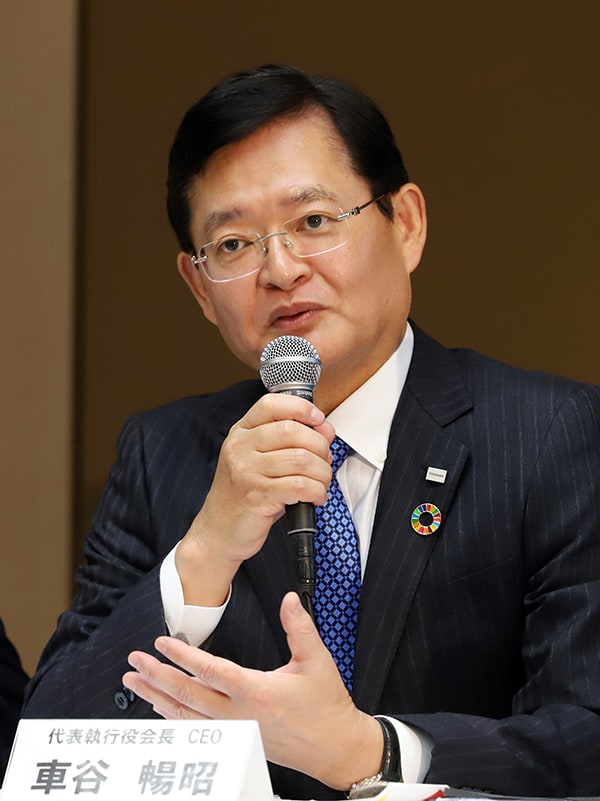Toshiba shareholders voted for an independent probe into allegations that investors were pressured against pursuing a management shake-up at last summer’s annual general meeting.

Once a global household name, in recent years the technology and manufacturing giant Toshiba has been rocked by a $1.3 billion accounting scandal, the ill-fated acquisition of Westinghouse’s nuclear business and the sale of its prized flash memory and medical equipment units. Throughout these travails, its shareholders stayed mostly silent.
Until March, that is, when Toshiba shareholders voted for an independent probe into allegations that investors were pressured against pursuing a management shake-up at last summer’s annual general meeting.
The vote marked only the fourth time that a shareholder motion has won approval in Japan, and the first at a prominent firm. Adding to the turmoil, four weeks later, Toshiba CEO Nobuaki Kurumatani, who was in the midst of negotiating the sale of the company to a private equity firm where he had previously served as president, resigned amid questions of conflict of interest.
The historic showdown, experts say, could trigger a demand for better corporate governance in a country still dominated by autocratic CEOs and weak checks and balances. Bruce Aronson, a scholar at the US-Asia Law Institute of NYU and a professor at Creighton University School of Law, points out that Toshiba is one of the roughly two percent of Japanese companies characterized by an “American-style” governance structure, which emphasizes board committees and independent directors.
“The recent events remind us that the real issue in corporate governance is not simply selecting the ‘best’ board structure, but instead is the board’s actual functioning,” Aronson says. Key criteria include both respect for the value of independent directors and due consideration for shareholder interests and long-term corporate value.
Japan’s corporate governance and stewardship codes have seen some improvements over the past few years, and foreign owners play a role, too. In Toshiba’s case, Aronson notes, “following its 2015 accounting scandal, the percentage of foreign shareholders rose to 63%, double the average of Japanese corporations.” That may have contributed to the historic success of the latest shareholder vote, and suggests the scrutiny of governance is likely to grow.



